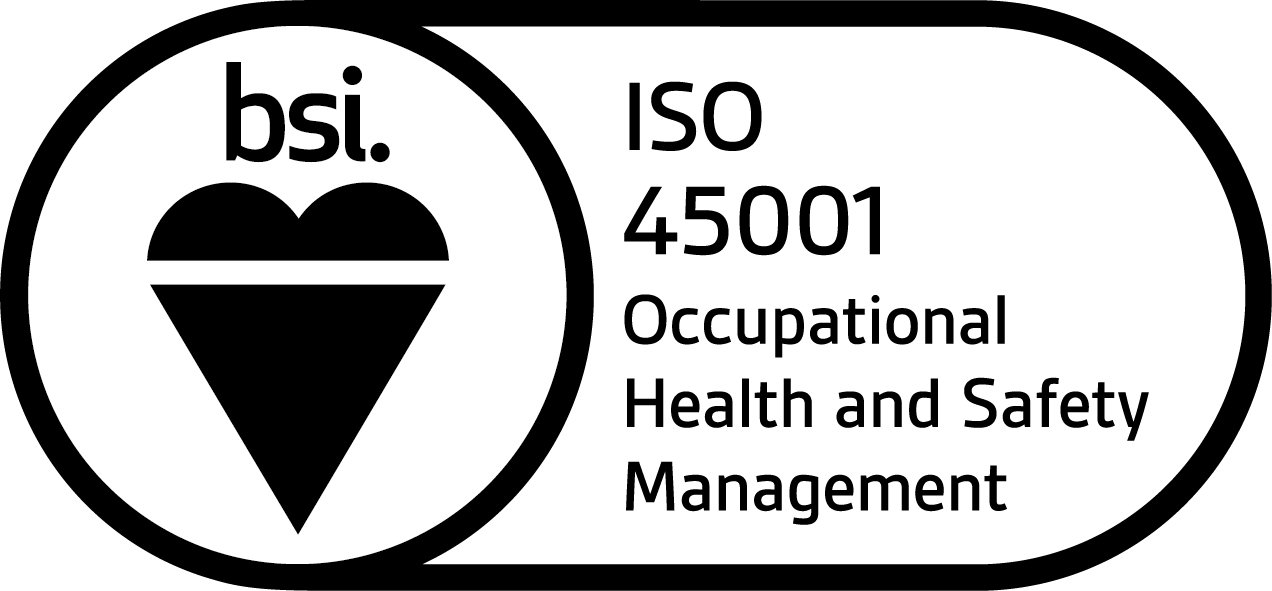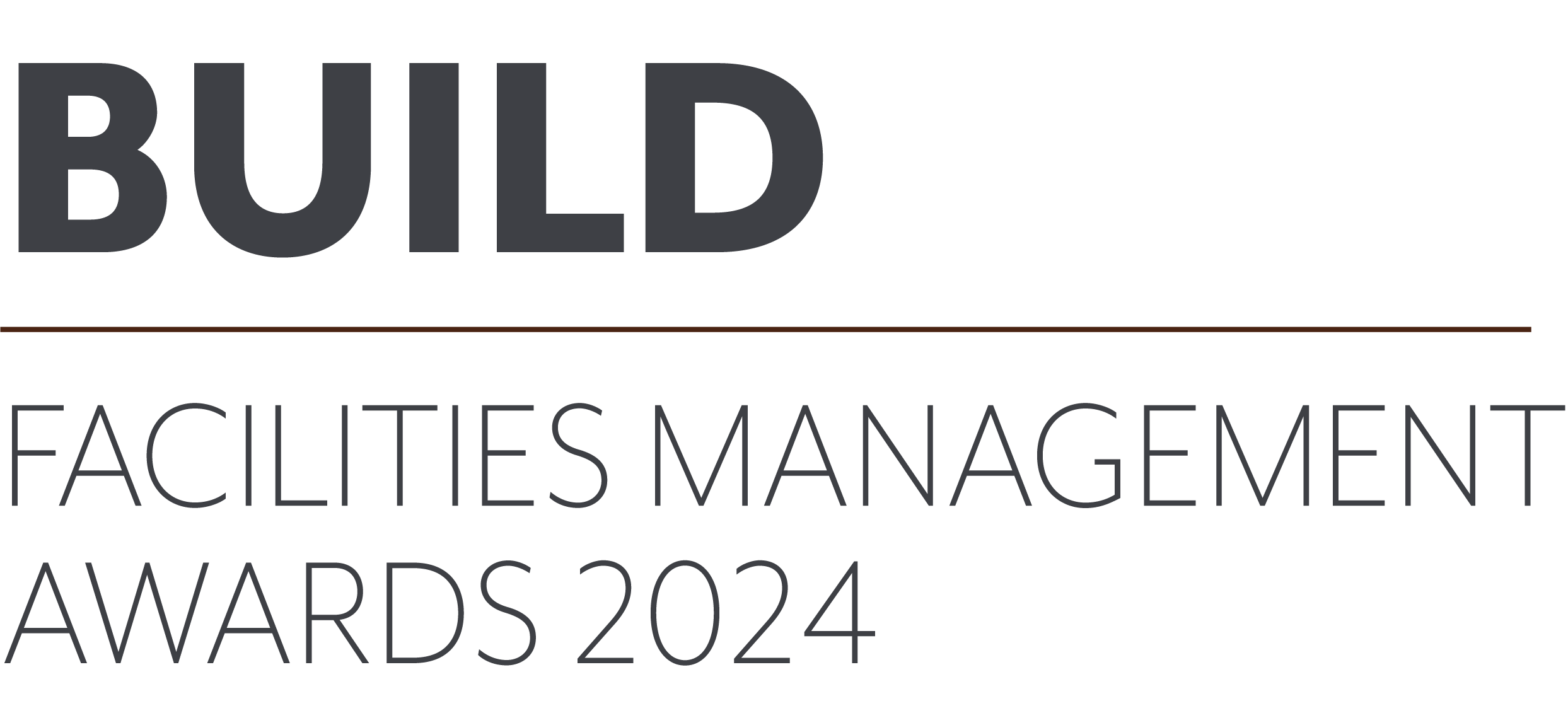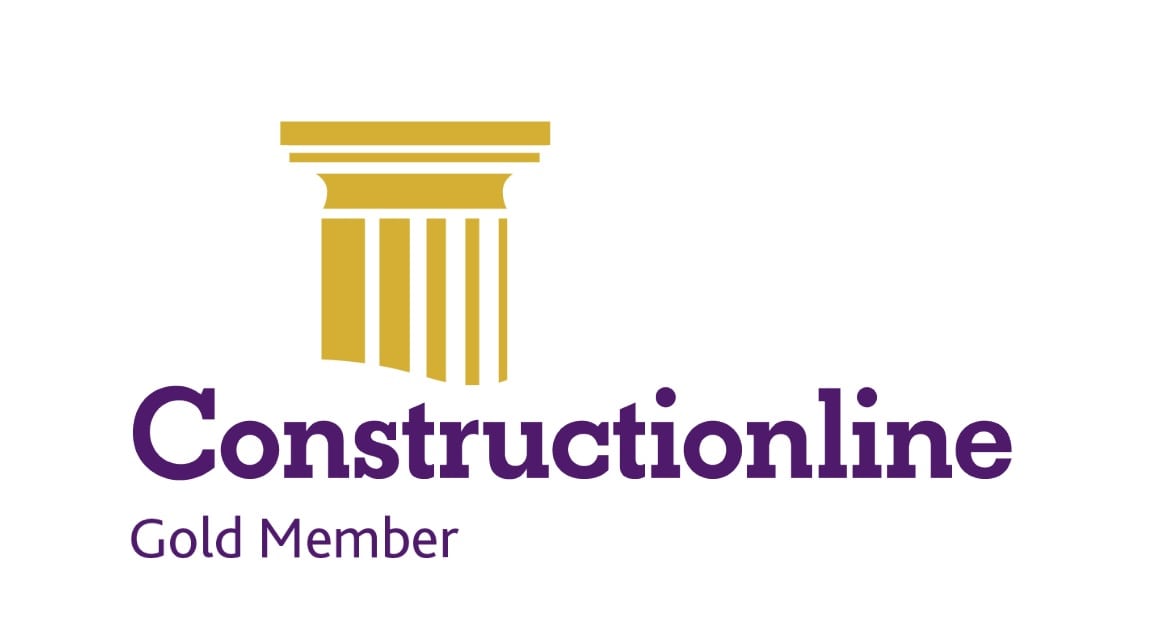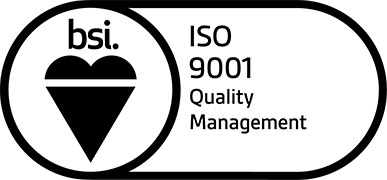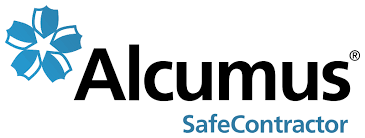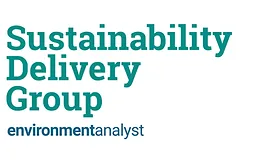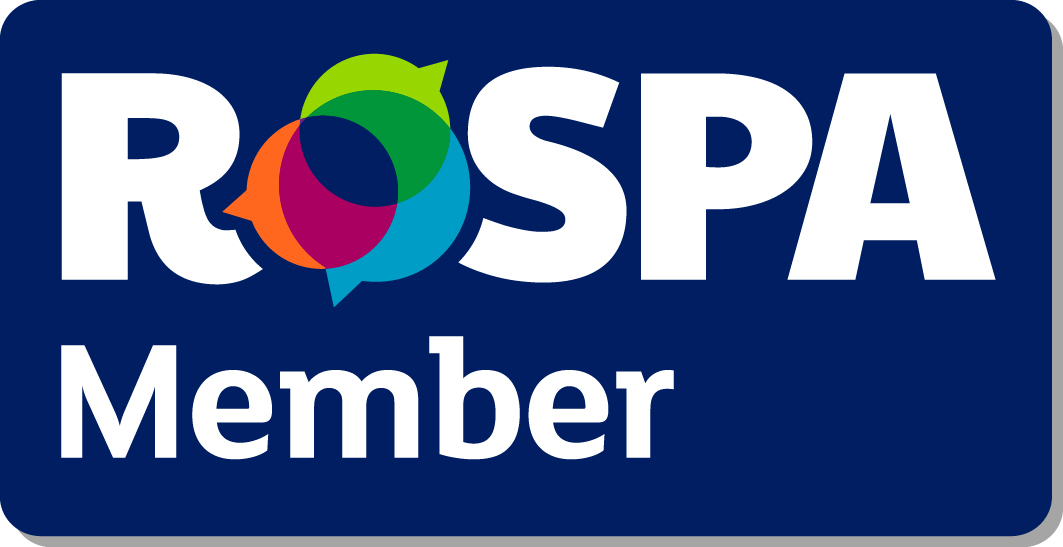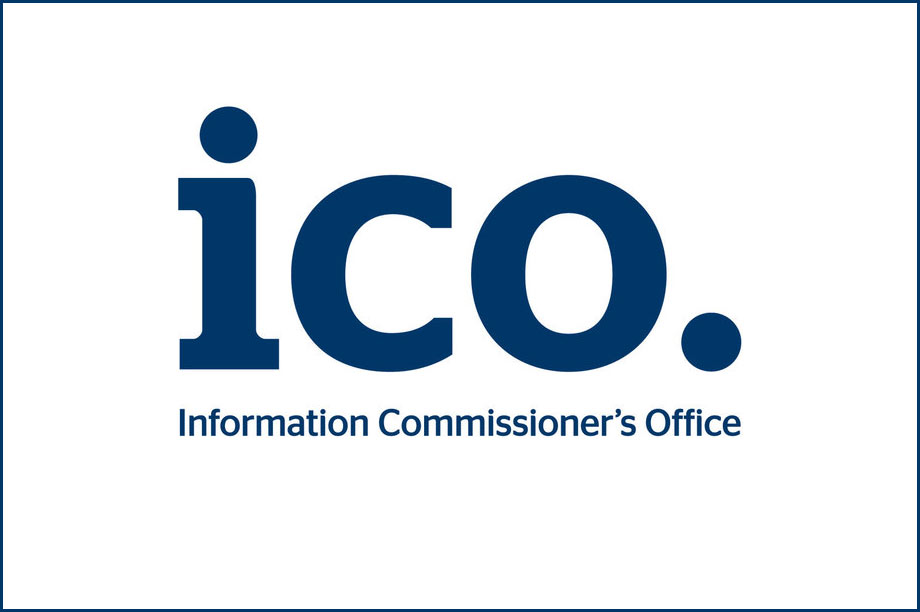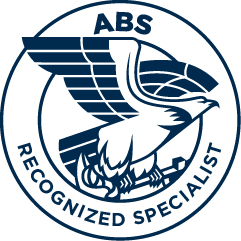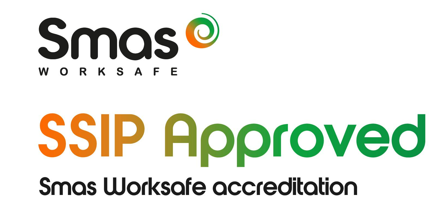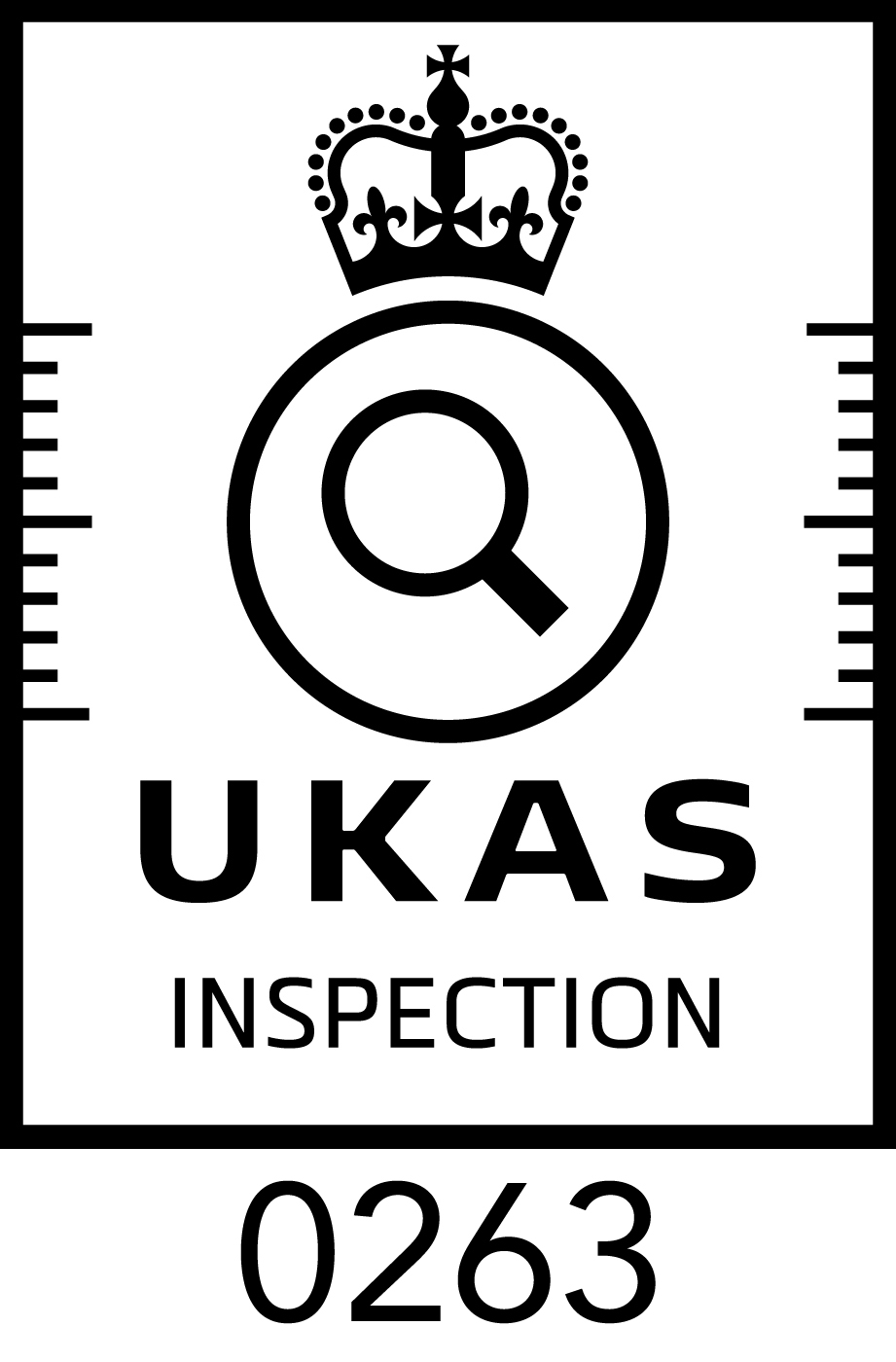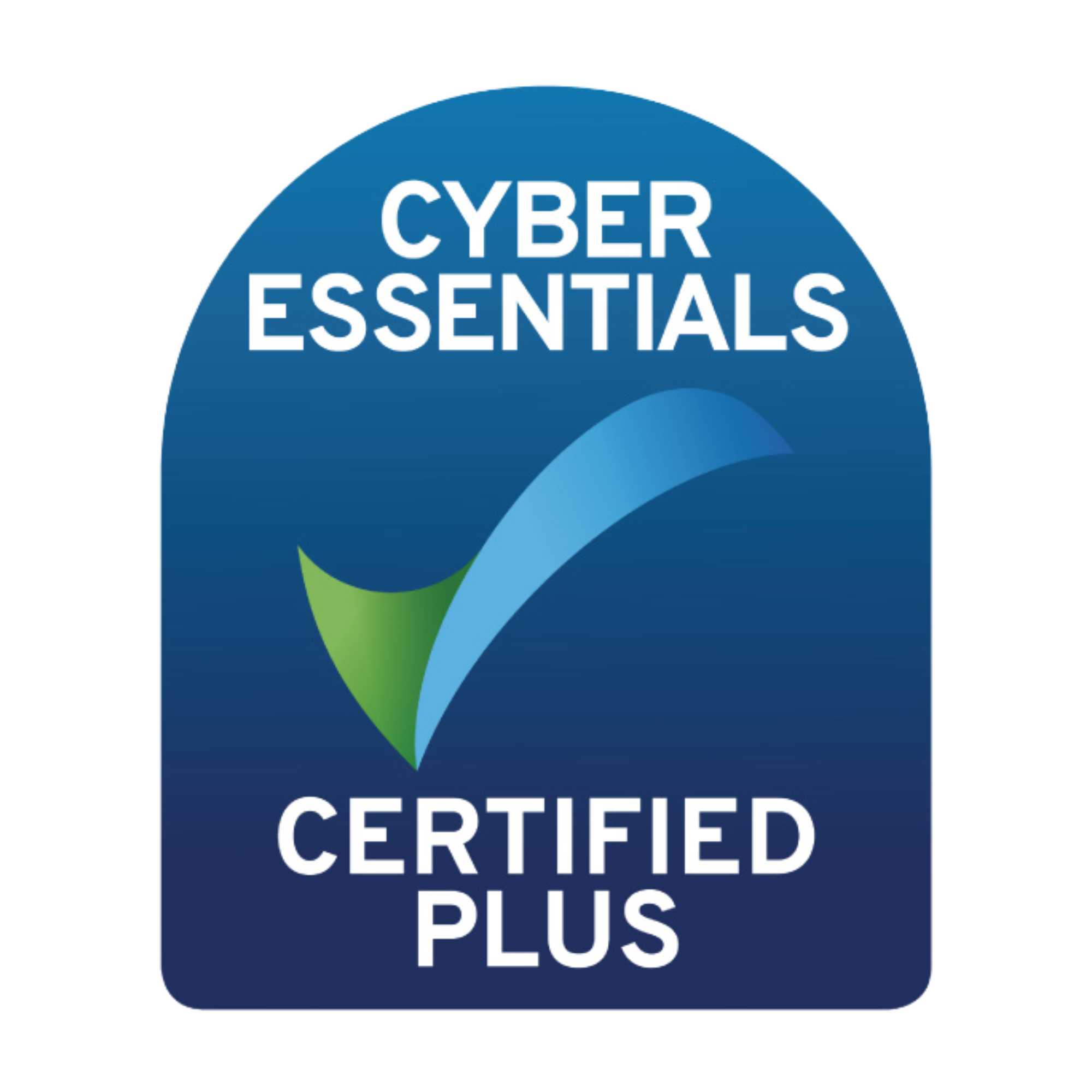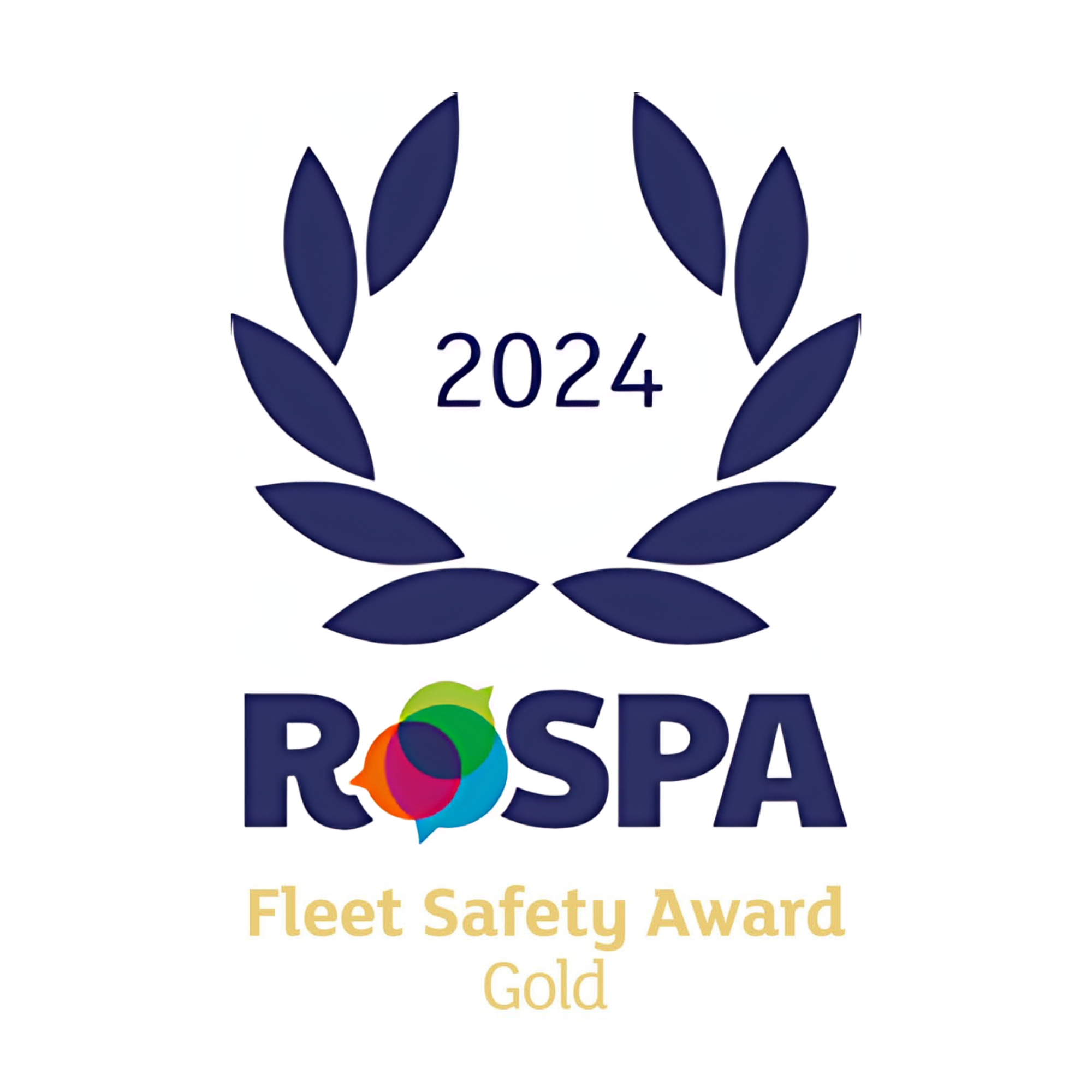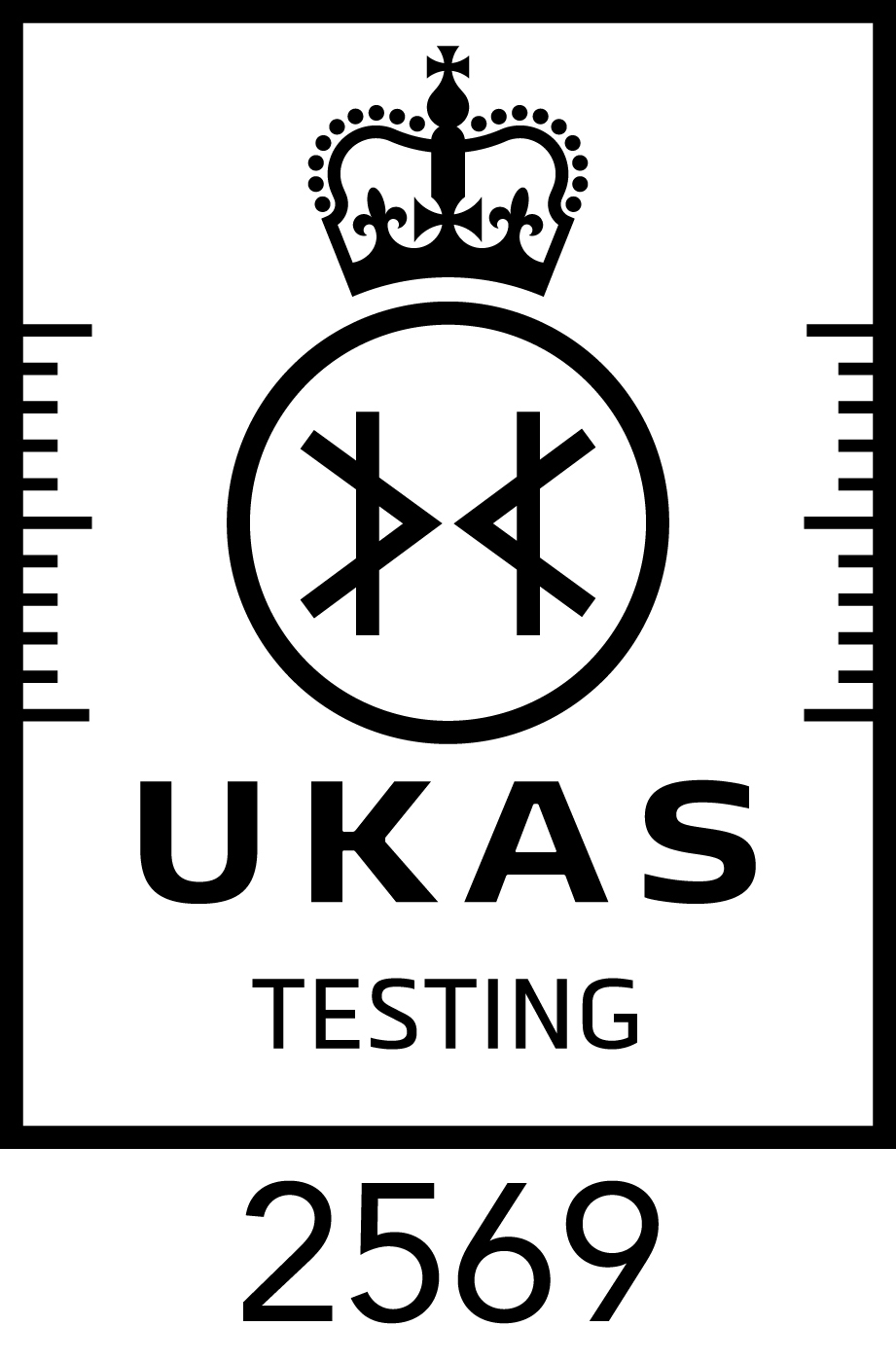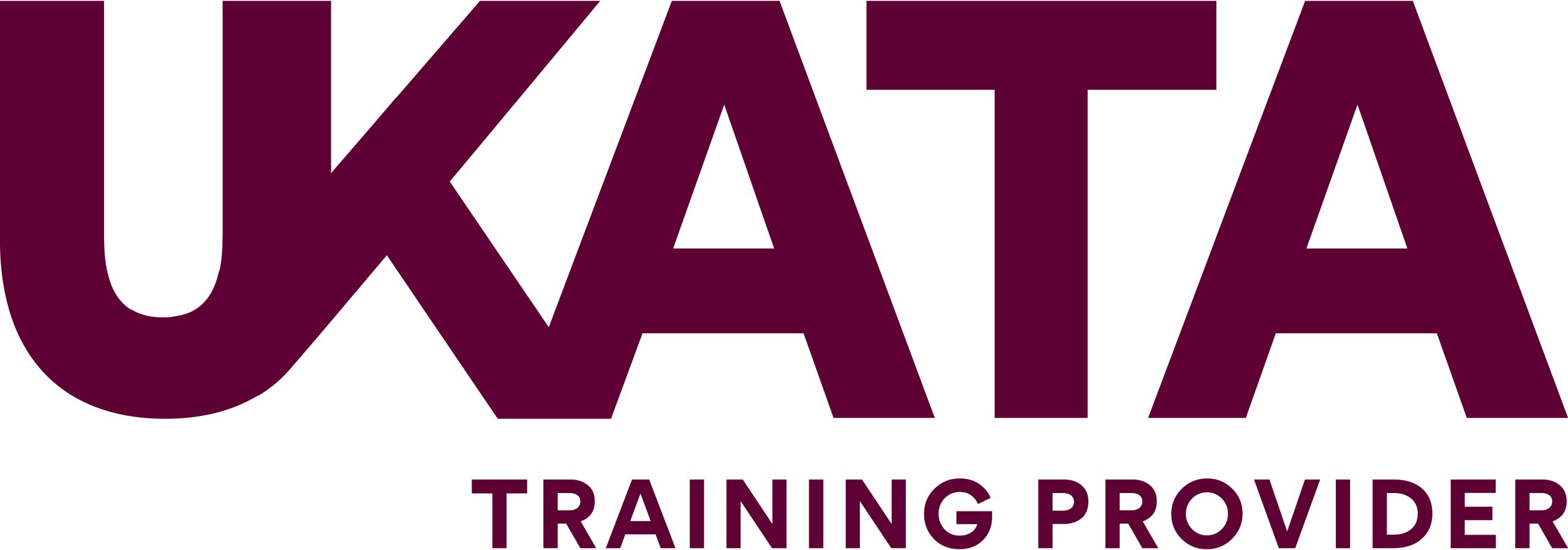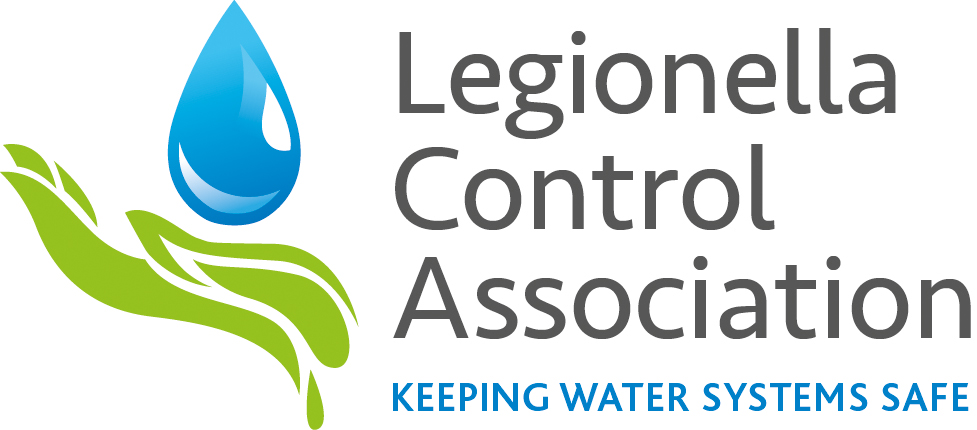Protecting people and planet
Protecting people and planet
Protecting people and planet
Protecting people and planet
Protecting people and planet
Clean Air Day highlights the importance of tackling the largest environmental health risk we face today

Lucion Group
17th June, 2021
Clean Air Day highlights the importance of tackling the largest environmental health risk we face today
UK's largest air pollution campaign on 17 June 2021 brings together communities, businesses, schools and the health sector to improve public understanding, build awareness and explain easy actions to tackle air pollution.
The World Health Organisation (WHO) and the UK Government recognise that air pollution is the largest environmental health risk we face today. The statistics reveal that every year in the UK air pollution causes up to 36,000 deaths.
Poor air quality causes heart and lung diseases, is linked to low birth weight and children’s lung development and may even contribute to mental health issues. Exposure to indoor air pollutants can be short-term and long-term – and the effects they have on the human body can vary significantly. Low-level exposures can lead to minor irritation and headaches – whereas long-term or severe exposure can result in chronic diseases.
The annual campaign is a moment when thousands of people up and down the country come together to collaboratively voice support, hold events, make pledges and take action on toxic air.
A Campaign for Clean Air
More than ever before, employees and customers are concerned about air quality and expect businesses to take action. A survey conducted by Global Action Plan - the people behind Clean Air Day, reports that the majority of people in the UK (72%) think that clean air is even more important now because coronavirus can affect people’s lungs. An overwhelming majority (74%) want businesses to “do more to cut pollution and traffic after the lockdown so that neighbourhoods don’t go back to the way they were” with 85% of people listing at least one specific pollution-reduction measure they want businesses to take.
Business for Clean Air (B4CA) is an initiative open to companies who are committed to understanding and addressing their impact on air pollution.
Co-developed in 2019, by Global Action Plan, the Department for Environment, Food and Rural Affairs (Defra), and members of the Business Clean Air Taskforce (BCAT), the first of its kind initiative is offering businesses a practical steer on how to tackle their direct and indirect contribution to air pollution by committing to a minimum of four principles:
1. Publicly declare a corporate commitment to take action on air pollution
2. Develop a company plan to reduce operational impact on air pollution
3. Take action on any identified adverse impact on air quality
4. Commit to report annually on progress
B4CA have identified six categories of action on air pollution that are highly relevant to the recovery from COVID-19.
1. Normalise flexible working
2. Promote clean and healthy commutes
3. Switch to low pollution deliveries
4. Help customers choose low pollution options
5. Create clean air workplaces
6. Bring cleaner air to your neighbourhood
Creating Clean Air Workspaces
The lockdown brought around a quarter of the UK’s working population to home working for the first time. Meanwhile, existing workspaces, from factories to offices, are undergoing significant changes to accommodate protective measures to reduce the risk of spreading coronavirus.
While air pollution has been lower due to the drop in traffic levels, this doesn’t mean that exposure is necessarily lower, it may have simply changed. For example, someone now working at home near a kitchen may be exposed to significantly more pollution if adequate ventilation isn’t used to remove particulate matter emitted from ovens and hobs while cooking.
The All Party Parliamentary Group on Air Pollution’s new Air Quality Strategy to Reduce Coronavirus Infection recommends an awareness campaign to help people reduce indoor air pollution.
Air quality in commercial and manufacturing sites is just as important in avoiding employees' exposure to high levels of pollution, with a potentially wider range of pollutants in those premises than in the home.
See what you can do to improve air quality indoors on the Business for Clean Air online portal - Create a Clean Air Plan for your business.
Assessing Air Quality
As people tend to spend up to 95% of their time indoors, it is important to establish best practice air quality standards and take action to improve air quality. The quality of air in both indoor and outdoor environments is critical to the physical and mental health of building users.
Sampling and air quality assessments should be undertaken to determine the quality of air in an occupied area and/or workplace. Pollutants can be reduced via a combination of source control strategies, building design and behavioural change.
During the lifespan of buildings there are constant challenges to achieve and maintain optimum system performance while providing clean, compliant and hygienic indoor environments for the health and well-being of building users.
Find out what is included in an Indoor Air Quality Assessment from Lucion
Whilst there is no specific legal requirement for employers to conduct Indoor Air Quality Assessments, there are a wealth of regulations relating to a multitude of legal requirements placed on employers to ensure employees within their buildings are protected against unnecessary exposures to harmful and toxic substances and airborne fibres
Helping Clients Achieve Sustainable Solutions
Delta-Simons Environmental Consultants are part of the Lucion Group and support clients to achieve sustainable solutions. We have a strong & growing Air Quality Consultancy team that can offer a range of air monitoring services to help clients achieve operational compliance, reduce their environmental impact and deliver cleaner air.
Our team of experienced Air Quality professionals have worked on a wide range of projects across a great variety of sectors including residential, retail, commercial, energy, transport and waste, and have a proven track record of working with developers on challenging sites, designing cost-effective mitigation solutions and strategies.
Our Air Quality specialists are members of the Institution of Environmental Sciences (IES); and the Institute of Air Quality Management (IAQM). We also work to support WELL Building certification, GRESB and BREEAM in the built environment.
Air Quality is just one of the specialist services that Delta-Simons can offer to help clients mitigate the impacts of their operations or developments on local air quality. Our Environmental Planning Services team are large scale producers of Environmental Impact Assessments (EIAs) and our portfolio of experience includes projects delivering future air quality improvements at a local and national level as society moves away from fossil fuels to power our homes, work places and transport systems thus improving human health and slowing down the rate of climate change.
On Clean Air Day, Delta-Simons are proud to provide technical support to sustainable energy company GRIDSERVE as they build a nationwide network of Electric Forecourts and Electric Hubs. These Forecourts and Hubs are an environmentally friendly, net zero carbon, transport infrastructure alternative to carbon-based, fossil fuelled petrol stations. This helps lead to long-term Air Quality improvements here in the UK by encouraging electric vehicle uptake. Learn more about Clean Energy Solution Made Simple: https://www.gridserve.com/
Limiting global warming to levels consistent with the Paris Agreement will require system-wide transformation of the way energy is produced, transported, stored, and consumed. Net-Zero 2050 is an ambitious target for governments, companies and institutions to dramatically reduce mankind’s impact on the environment and to prevent the most damaging effects of climate change. Renewable energy sources such as wind, hydroelectric power, solar, tidal and geothermal energy are going to be increasingly more important to ensure we transition to a more sustainable future less reliant on fossil fuels.
Significant cuts in emissions are needed over the next three decades (45% reduction by 2030 and 80% by 2050). These can be achieved by companies taking action, but also through wider societal changes such as grid decarbonisation, introduction of electric vehicles etc.
Want to become part of the team that is making the world a safer and more sustainable place?
Recruiting and retaining the best individuals is the key to Delta-Simons’ continued growth and success. We achieve this through working within the empowered environment of a truly sustainable, globally operating, UK based environmental consultancy, located across multiple locations in the UK and Ireland and a founding member of the Inogen Alliance, a global corporation of consultants. We have a reputation as a well-respected consultancy that invests in its people and client relationships, and gets things done!
We’re stronger than ever and growing. If you want to make a difference, join us, because #togetherwecan make change happen. Take a look at our current group career opportunities, or sign up to hear about new vacancies first:
Contact Delta-Simons
E: info@deltasimons.com
T: 01522 882555
Contact Lucion Services:
E: info@lucionservices.com
T: 0345 5040 303
Register for IMPACT Bulletin
Don’t miss a beat - get the latest insights and updates from Lucion straight to your inbox.

